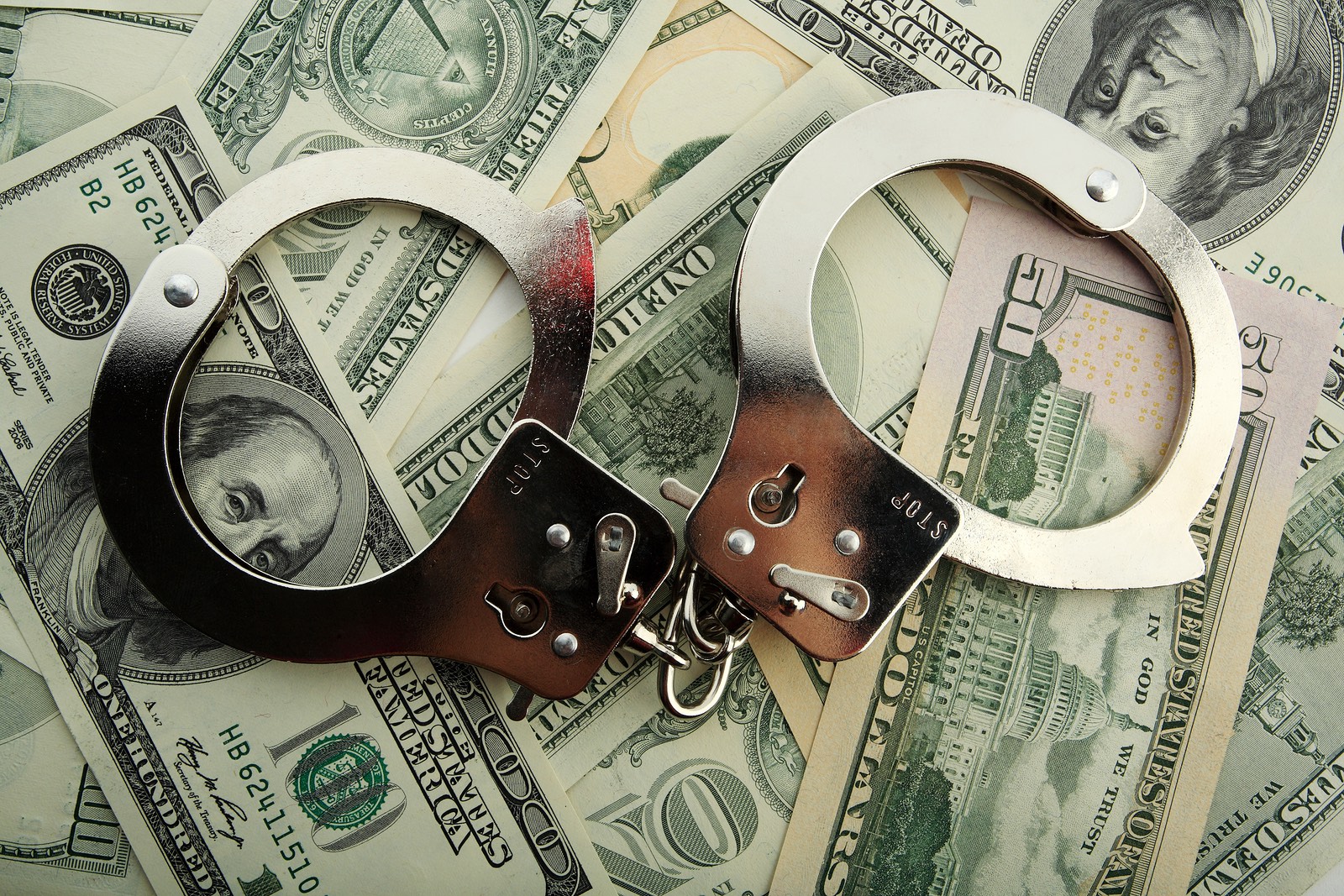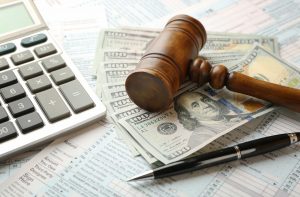Credit Card Fraud Lawyers Treasure Coast, Florida

Credit card fraud is a serious violation such that the states and the federal government have placed strict laws against it. Almost any unauthorized use of a credit card is considered fraudulent.
So, if you’re being accused or charged with credit card fraud, you need to contact experienced credit card fraud attorneys to learn your defense strategy in court and help you avoid heavy fines or years in prison. After all, everybody deserves a fair trial.
Read on to learn about credit card fraud, state and federal laws regarding it, defense in credit card fraud charges, possible penalties, and what you should do if you’re being accused or charged.
What Does the Law Consider as Credit Card Fraud?
Credit card fraud entails illegally obtaining card information, using it for unauthorized purchases, or withdrawing funds from it. In short, illegally getting the credit card information of other people, forging, or presenting a card under pretense is a crime.
The illegal access of credit and debit card information can be physical or through websites and card readers. Here’s an overview of some types of credit card fraud.
Identity theft
Impersonating a cardholder and doing fraudulent activities with a stolen identity is considered fraud. It includes setting up new accounts using stolen identification details or seizing an existing account by changing addresses and passwords.
Data Breach
Hacking into credit card companies’ databases and stealing cardholder personal information is subject to the law.
Stolen Credit or Debit Card
Physically possessing a credit card that isn’t yours without the owner’s consent is a fraud unless proven innocent — maybe you found the card in a lost purse or a restaurant.
Stolen Credit Card Imprints (Skimming)
You may not steal the card itself from the owner, but using electronic skimmers illegally to read card information or steal details in stationary locations like gas stations is unlawful.
Hidden Fees
Hidden fees include charges that the cardholder is unaware of related to using the credit card. For this reason, card companies can be sued for hidden credit card fees tied to:
- Cash advances
- Withdrawals from ATM
- Foreign transactions
- Card maintenance charges
- Money transfers
Double Charging
It occurs if a credit card company charges a cardholder twice for a single item or service. Additionally, charging a cardholder for unknown services or goods is a credit card fraud.
Note: The list above highlights some (NOT ALL) of the credit card frauds in the United States.
Credit Card Fraud Laws and Penalties

As mentioned earlier, states and the U.S government have established credit card fraud laws.
State Credit Card Fraud laws
Each state in the U.S has established its credit card fraud laws that define the penalties for unauthorized ownership and use of credit and debit cards. For this reason, penalties for credit card fraud in California may vary from those of Florida.
In Florida, credit card frauds are penalized under the State Credit Card Crime Act, which most are classified as misdemeanors. However, specific factors quickly transform a minor credit card offense into a felony.
For instance, credit card fraud is a 1st-degree misdemeanor in Florida if the accused committed only two offenses in six months and the value involved was less than $100. The penalties for a 1st-degree fraud are up to a year in prison or a fine of up to $1000. In worst scenarios, the defendant may be penalized with a fine and a year in jail.
On the other hand, Florida laws classify credit card fraud as a 3rd-degree felony if the defendant committed the crime three or more times within six months. The fraud is also a felony if the amount involved is over $100. The penalties of a 3rd-degree credit card felony are up to 5 years imprisonment and a fine as high as $5000. If you’re charged with a 3rd-degree credit card fraud, your previous felony convictions and criminal records influence the penalty you’ll receive.
Federal Credit Card Fraud Laws
While credit card fraud can be handled either by a state or federal court, some exceptions exist. If the crime becomes a national concern, like violating the code 18 U.S.C. § 1029, the federal law will define the penalties and sentences of the accused.
If you’re convicted of a federal credit card violation, the penalties will be more severe than those of a state court, usually 10 to 15 years in a maximum-security prison. You also could pay a hefty fine—as high as $250,000—depending on the violated section of the constitution. You could also be forced to pay restitution.
Defenses in Credit Card Fraud Cases
While law enforcement must prevail in court, a prosecutor needs to prove that the accused is genuinely guilty. For example, mistakenly possessing someone else’s credit card or unintentionally exposing a card holder’s personal information to unauthorized third parties are not grounds to declare someone guilty.
However, as a defendant, you must have a solid defense strategy in court, whether guilty or not (You’ve heard of the famous court term “guilty till proven innocent,” right?)
That’s why you need qualified and experienced criminal defense attorneys like Meltzer and Bell, P.A. because the credit card fraud lawyers you’ll hire will determine whether or not the judge rules in your favor. At Meltzer and Bell law firm, our lawyers are experienced since we’ve won many cases for our clients, helping them get a fair trial in court.
Even better, we are experts in criminal law and have the strategies to represent you to our level best in court. We can skillfully and intelligently convince the court to drop the credit card fraud charges or significantly reduce the penalties using strategies like;
No Intent to Defraud
As a defendant, maybe you didn’t intend to defraud the cardholder—perhaps you found a lost card or accidentally leaked the card’s details to unauthorized third parties. After all, sometimes we don’t look for trouble, but rather, trouble finds us.
The prosecutor must prove you acted willingly and you intended to defraud. Otherwise, you have a perfect chance to avoid conviction.
No Federal Crime Committed
As mentioned earlier, credit card fraud affecting the country as a whole is considered a federal crime, which comes with severe penalties than state offenses. As your hardworking card fraud lawyers, we explore all the possibilities that the fraud doesn’t affect the U.S nation as a whole or isn’t an interstate crime.
Reasonable Belief that You had Authorization
Most credit card frauds result from unauthorized access, usage, and illegally exposing credit card details to third parties. Our team of credit card fraud lawyers can reimagine the whole situation and develop reasonable beliefs that you had permission from the cardholder.
Call us today on (722)248-1215, or visit our contact page to consult a card fraud defense lawyer regarding your case.

